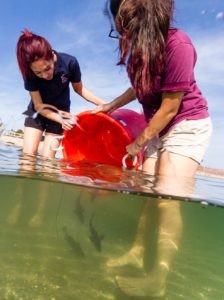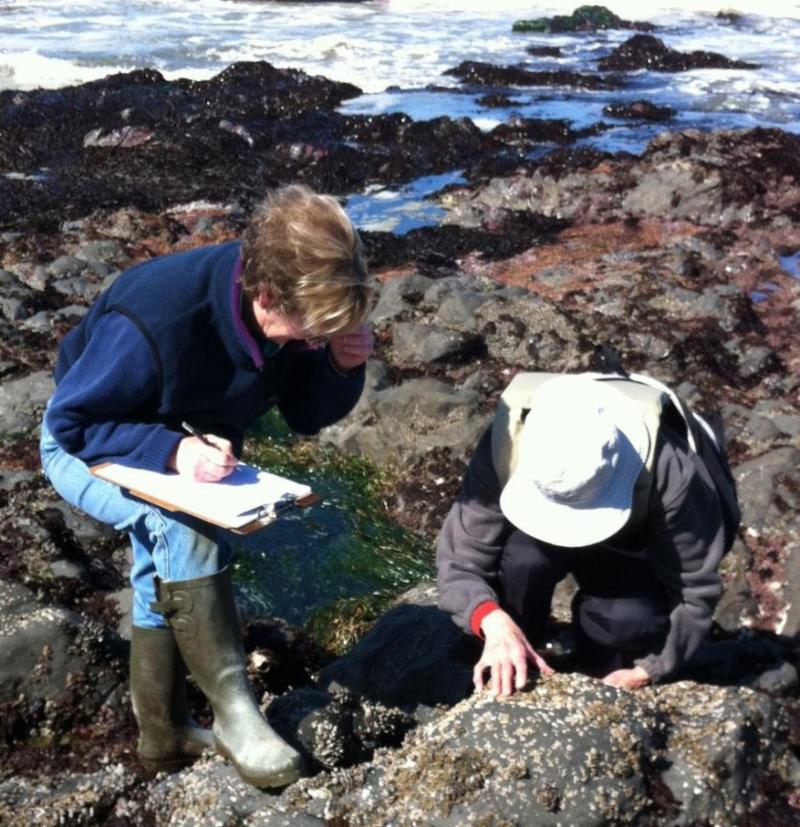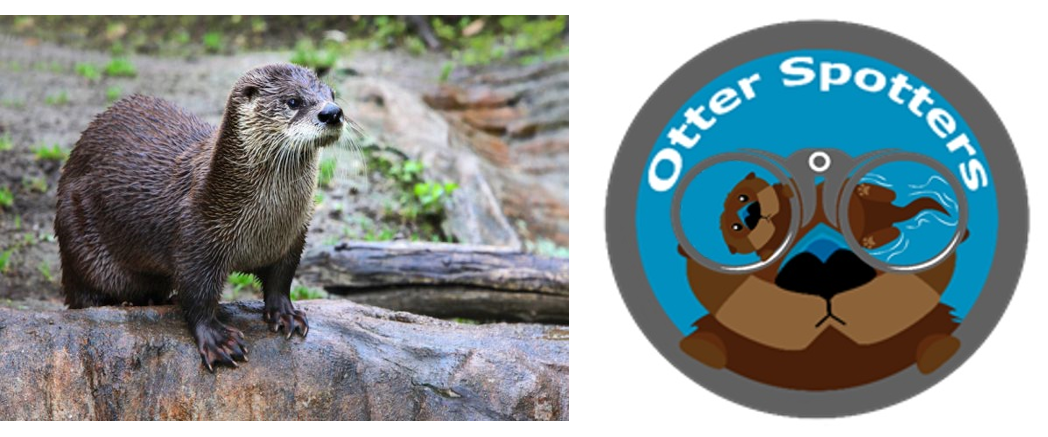Long Range Fish Report
From Sportfishing
From Sportfishing
Fish Report for 10-3-2019
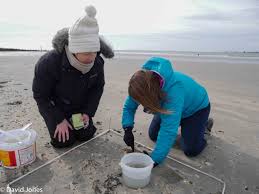
Photo Credit: Courtesy of Hubbs Sea Wold Research Institute
Citizen Science at Hubbs-SeaWorld Research Institute
10-3-2019
Hubbs Sea World Research Institute
Hubbs-SeaWorld Research Institute (HSWRI) scientists and investigators have conducted numerous studies, published scientific papers and have collaborated in marine life research around the world, but there is another significant component to our mission that we are applying extraordinary effort and support to help grow and thrive… our citizen science programs.
What is Citizen Science? Citizen Science is conducted, in whole or in part, by amateur (or nonprofessional) scientists (aka crowd sourcing data collection).
Crowd-sourcing data collection empowers citizens to become scientists in their own communities while participating in vital research done by HSWRI. Citizen science is sometimes described as "public participation in scientific research," where individuals contribute to outcomes that address real world problems, as well as an increase in the public’s understanding of science, and typically have fun doing so.
One such program is called “Save your white seabass heads”.
HSWRI scientists have tagged and released more than 3 million juvenile white seabass into embayments and near-shore coastal areas from San Diego Bay in the south, to Point Conception in the north. From these fish releases, data has been collected from more than 1,200 tag recoveries.
That’s where our network of citizen scientists come in. Each juvenile white seabass released is tagged internally with a 1 mm stainless steel coded wire tag (in the cheek, no harm to the fish). When the fish are caught, we then rely on citizen scientists (recreational fishers) to turn in these tags by removing and dropping off the sea bass head at any of these drop off locations
Another example is our Florida "Otter Spotter" program. Otters may be affected by unique challenges as an animal that lives on land and in water. For example, otters may be exposed to diseases that are indicative of negative run-off from human development along the coast and the help of the public is NEEDED to observe these animals in Florida. Otter Spotters are trained observers that report their otter sightings to our program. This data help us understand structure, movement patterns and habitat use.
Report Florida river otter sightings on our Otter Spotter page
Photos
< Previous Report Next Report >
More Reports
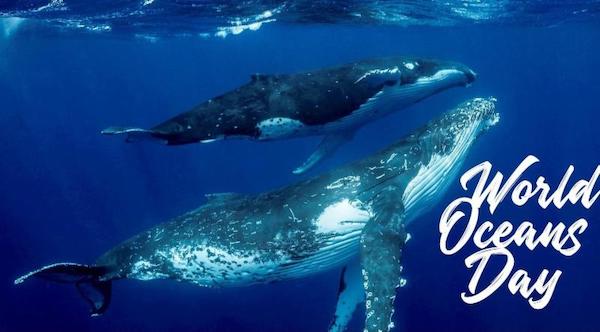
6-8-2019
Join us in celebrating #WorldOceansDay 2019. On June 8th, people around our blue planet celebrate and honor the ocean, which connects us...... Read More
Hubbs Sea World Research Institute Reports
for Wednesday, May 4th, 2016• HSWRI Relases 14,000 Seabass at Catalina

LongRangeSportfishing.net © 2025. All Rights Reserved.
Website Hosting and Design provided by TECK.net
Website Hosting and Design provided by TECK.net
